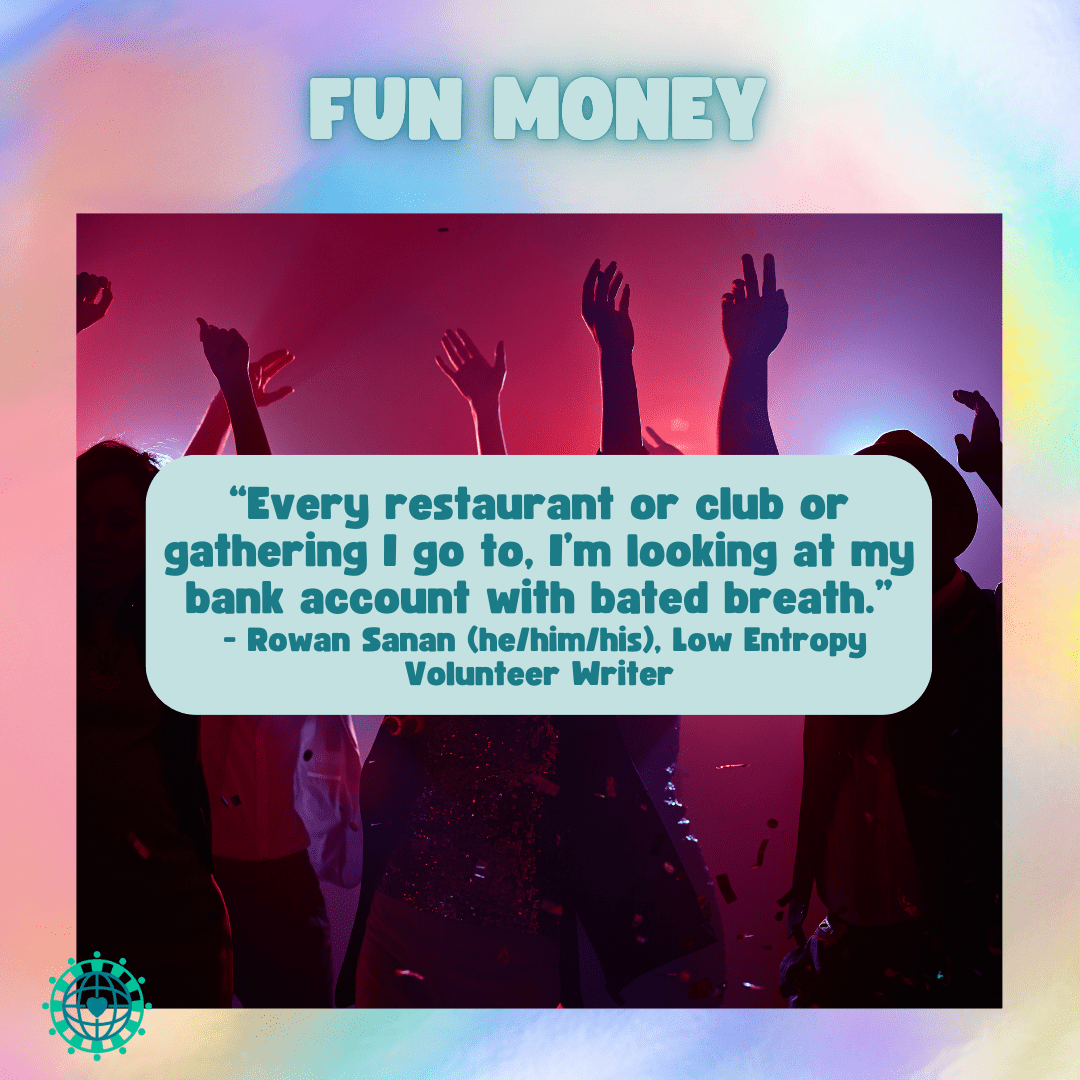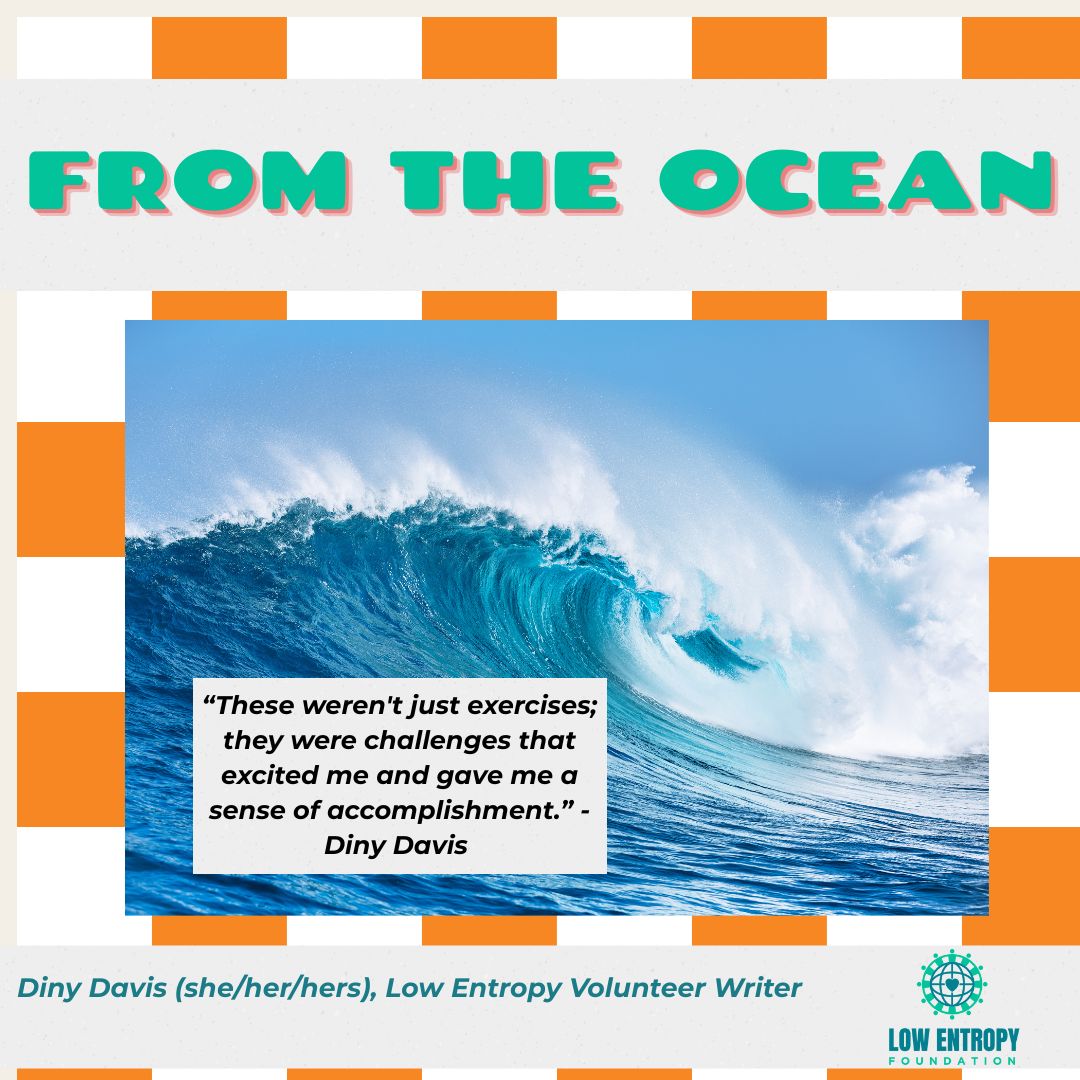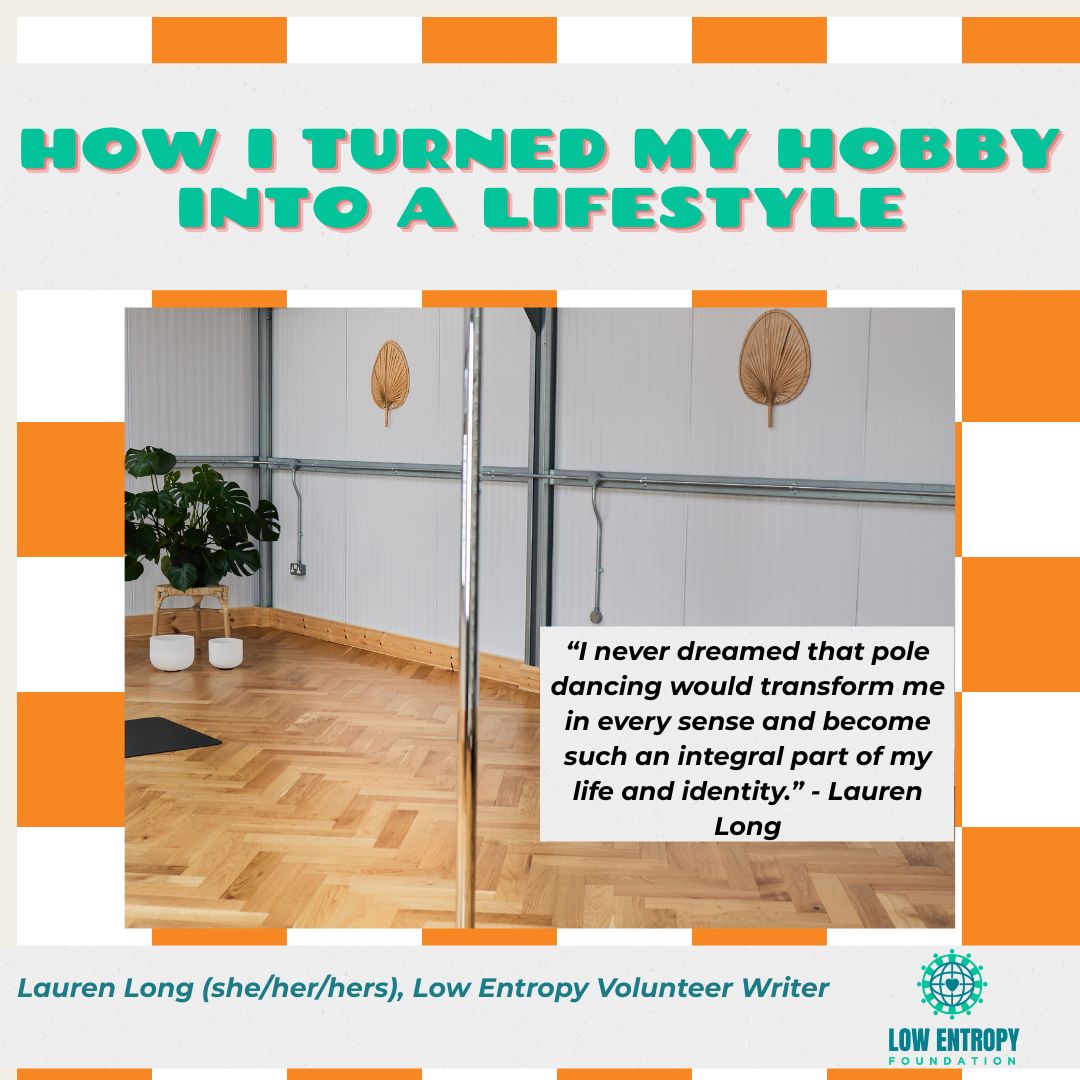Fun Money
April 19, 2025

Rowan Sanan (he/him/his), Low Entropy Volunteer Writer
It’s really no wonder why young people don’t tend to spend a lot of time out and about anymore. As a young person myself, having fun is linked to money. Every restaurant or club or gathering I go to, I’m looking at my bank account with bated breath. Even for gatherings in my own home, I’m anxious to head to the store and buy snacks for myself and my friends to enjoy—not even counting drinks, if they’re a part of the picture. It’s a very common thread nowadays for people to worry about how much they are spending while doing things that are meant to be fun, but with the cost of living these days it is hard to ignore.
Many people equate money with happiness, thinking that the more material possessions or temporary pleasures that they have, the happier they will be. While this can be true for some, it is not sustainable in the long-term. Buying your own happiness and fun can lead to potential spending problems and disordered habits—which can lead to stress, shame or guilt. Social media can have an adverse effect on this as well, as it pressures us to keep up with others when we see their successes. This can mean pressure to spend more in order to get to the same place. It can also directly contribute to consumerism through the purchase of products that we simply don’t need. Of course, there’s nothing wrong with being inspired by a person you see online or choosing to get a product you see via sponsorship when you know you’ll use it, but the idea that we have to do these things in order to be happy or have fun is mostly untrue, despite that message being a very large part of advertising.
With costs of pretty much everything gradually and steadily rising, prices for hobbies and leisure increase too. With most of our effort and money focused on the things keeping us alive with roofs over our heads, any spending that would have gone toward recreation disappears, and it becomes very hard to even think about spending on a fun hobby or activity. Everything from travel to dining to concerts comes with a hefty price tag—but there are still alternatives out there that are affordable. To preface, this is not financial advice, I am simply brainstorming ideas to lower the anxieties that come along with trying to have fun.
If jazz or classical music are your scene, you can check out local jazz clubs or community orchestras with lower ticket prices—and this directly helps your community thrive, too. If you enjoy travel, try booking your trips in advance and for off-season times to avoid hikes in prices. Set budgets and use more affordable transportation like transit or biking where possible—this helps you remain environmentally friendly. If you enjoy gaming, try looking for second-hand consoles or games, or visit a board game cafe with friends for a wide variety of games for a cheaper price. Second-hand bookstores are also a good call if libraries aren’t really your thing, and sometimes they carry more than just books.
The future of having fun in the economy we find ourselves in seems uncertain. After all, at what point do minimalist and anti-consumerist trends end up causing more anxiety than just spending the money to have that fun? My thoughts are that it comes down to the individual, at least until the cost of living isn’t so high. There’s no one right way to have fun, but there are various ways to cut back on spending if so desired. There is likely always going to be a conflict between financial stability and letting loose—but that doesn’t mean you can’t have a fun and fulfilling life.
Another interesting question is: can fun truly be found for free? I think it’s hard to say. Parts of it have to do with what we consider fun. For example, I enjoy playing video games as a way to have fun and unwind. A lot of the games I play happen to be free. That doesn’t mean that the devices I play them on are free, but there ends up being little to no additional cost for the ones I like. Alternatively, I can get a game with plenty of replay value to make up for the price I have paid for it. I think it is also important to get to know and use the free things in our own communities. Community centres provide amazing opportunities for people to relax, have fun, try out new hobbies and get involved in their community. Libraries are a great source of entertainment, especially in a digital age when people can rent books and even movies from their libraries to read on their phones. These methods of having fun don’t contribute to consumerism or cause any environmental harm, either. They help to bridge gaps of wealth inequality and financial divide by providing everyone the same opportunities.
Having fun doesn’t have to mean destroying your wallet or your anxiety levels. It is important to ensure that fun and leisure are part of your life to avoid burnout and stress, so finding ways to cut down on the prices that come along with the things that bring you joy can be very helpful with alleviating stress levels. It’s easier said than done—but it is vital that we as a community come together to avoid burnout, support each other and live fulfilling lives, despite our worries over money.
—
Rowan is a university student who loves to write books and poetry, read all kinds of books and spend time with his family and pets.
GET INVOLVED
At Low Entropy, we believe changing the world starts with changing ourselves.
Founded in 2015, Low Entropy Facilitates conversations that encourage diversity and promote inclusivity.
We understand that life can be confusing at times. It can seem challenging and sometimes you may feel like no one really “gets you.” We offer an opportunity to connect with others who have the capacity to understand you.









